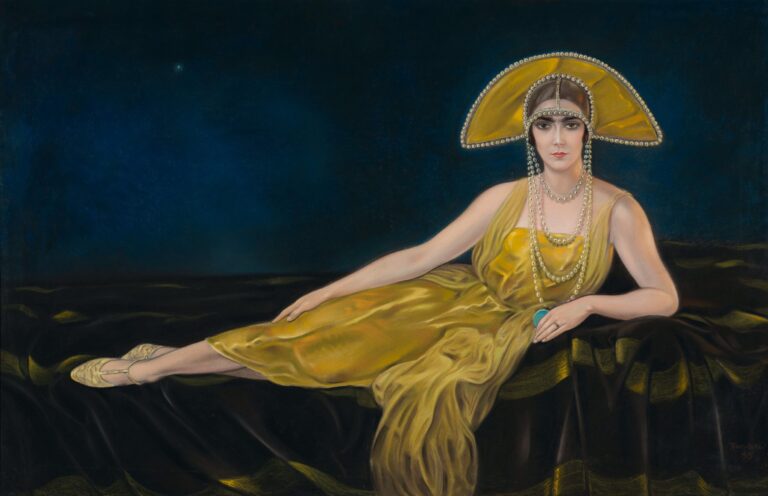Well, it seemed bad not to feature anything from the classic folk tales collected by the Brothers Grimm, so here it is. It’s another classic and, as a matter of fact, something that will sound familiar: “The Elves and the Shoemaker”. In truth, Die Wichtelmänner is a set of fairy-tales with one recurring theme: a poor shoemaker is helped by a group of elves who manufacture beautiful shoes overnight.
In the first tale, a poor shoemaker living with his wife finds himself with so little leather that he can only make a single pair of shoes. One very cold evening, feeling tired and dismal, he goes to sleep but he leaves the unfinished pair on his working counter and can you imagine his surprise in waking up the next morning and finding the shoes completed with perfect details.
A customer enters the store and, in seeing the beautiful pair of shoes, he offers a handsome price for the pair.
This goes on for several days until Christmas is upon them and the shoemaker says to his wife, “Why don’t we stay up tonight and see who is giving us this helping hand?”
The wife agrees and they hide in one corner. Night falls and the mysterious visitors arrive: they are little men, all working quickly and nimbly on the shoes, but very poorly dressed. Once they are finished, they run away, leaving yet another pair of handsome shoes behind.
The following day is Christmas Eve and the wife says: “The little men have made us very wealthy: we must show them our thanks. They are running around with nothing on, freezing.”
She then goes to work and make the little men some little clothes, and the shoemaker agrees to make a pair of little shoes for each of them.
The couple doesn’t stop until they finish the work, prepare clothes and shoes for the little men to find, and then hide again.
When they arrive, the little men put the clothes on and dance delighted. They never returned. According to this post blog, this might be the inspiration for She Who Must Not Be Named and her inspiration for house-elves and the idea that they can be set free by the gift of clothes. We all know how wrong the house-elves storyline turns out to be, but this was in the earlier books and I like the earlier books.
There are different contemporary illustrated editions for this tale: this one by Jim LaMarche, this one by Desideria Guicciardini, this one by Anuj Chawla. One of my favourite is this one by Olga Demidova, but you might also like this one by Annie Won.









No Comments